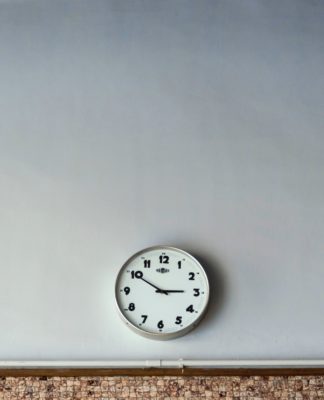If the chance came around to only work four days a week and enjoy an extended three-day weekend, I think the majority of us would jump on that opportunity. That extra day to relax, to spend time with family, to not have to put on proper pants…
Well, the wish for more time off work was granted at the New Zealand company, Perpetual Guardian. Andrew Barnes is the chief executive at Perpetual Guardian, a firm that manages wills, trusts, and estate plans, and Barnes decided to conduct an experiment. On an eight week trial period, Barnes would allow all his 240 employees to only work a four-day workweek but still give them a full salary as if they worked a five-day workweek. And if this experiment was successful at the end of the trial period, Barnes would work to implement the four-day workweek permanently.
The idea behind this experiment is that an extended three-day weekend would allow his employees to spend extra time with family and friends, have more time to rejuvenate for the next week, and perhaps even save money on childcare. Sounds pretty good to me.
There were some initial concerns surrounding the experiment which included the potential for employees to feel more stress to complete the same amount of work needed in less time and that work output and productivity would suffer with only four days working on the job. So Barnes enlisted academic researchers Jarrod Haar, a professor of human resource management at AUT, and Dr. Helen Delaney, a senior lecturer at the University of Auckland Business School to help objectively study the results from this four-day workweek experiment.
And what they discovered put all of Barnes concerns to rest as the four-day workweek trial was considered an absolute success.
In an interview Barnes relays, “What we saw was a drop in work demands, a drop in stress, but no drop at all in productivity. People did the same amount of work in less time.”
According to the researchers findings, stress levels were reduced by 7% and work/life balance significantly improved by 24%.
After the experiment, employees also felt more committed to the company, more empowerment, and there was an increase in leadership and engagement with the job. They became more focused, more productive, and more innovative. Essentially, it seemed the employees were happy to go to work. Well, more happy than before at least.
Barnes explains, “We’re paying for productivity. The key here is that we are making a clear distinction between the amount of hours you spend in the office, and what we get out of that. What we’re focusing on is saying if you produce this amount of output, we will pay you this amount of money. It’s not about how much time is spent in the office.”
I couldn’t agree more. Frankly, how many times do you find yourself finished with work, but since you can’t leave the office, you’re instead browsing YouTube or Reddit or of course, perusing the lovely articles here on Twin Cities Agenda?
Barnes is now moving towards implementing the four-day workweek full time. And with the company’s undeniable success, the hope is the four-day workweek idea could extend beyond the borders of New Zealand.
The data and the facts are in – I’d say it’s definitely time to conduct an experiment of our own here in the States.
Read next: Best Coworking Spaces in the Twin Cities
















